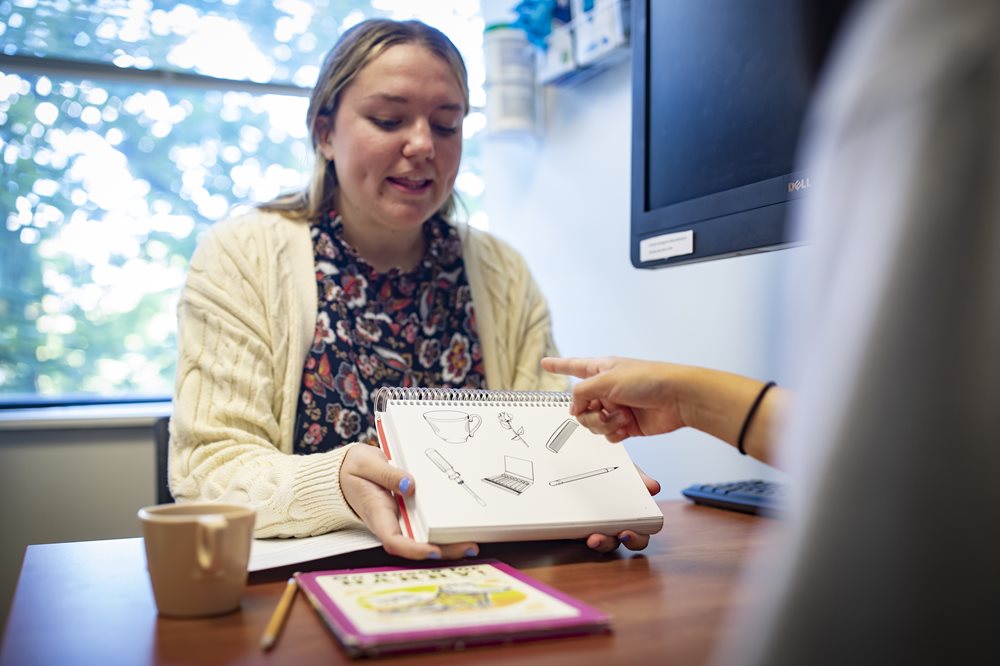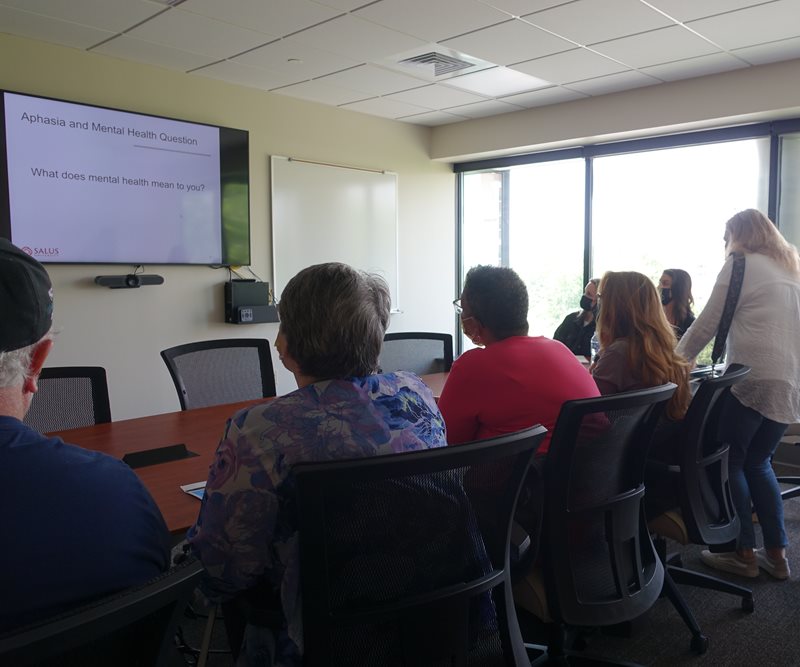How a Stroke Can Affect Your Speech
A stroke occurs when a clogged or ruptured artery interrupts blood flow to the brain, causing brain cells to die because of the lack of oxygen. Many stroke victims are left with physical, sensory, cognitive and communication deficits, which can take weeks, months or even years to improve depending on the stroke’s severity. According to the American Stroke Association, it is the fifth leading cause of death and a leading cause of disability in the United States.
 A stroke can have a major impact on the person’s ability to communicate clearly, especially if the stroke affected the left hemisphere of the brain where the language center resides. The exact communication problems a stroke survivor has will depend on which part of the brain the stroke impacted and how large of an area was damaged.
A stroke can have a major impact on the person’s ability to communicate clearly, especially if the stroke affected the left hemisphere of the brain where the language center resides. The exact communication problems a stroke survivor has will depend on which part of the brain the stroke impacted and how large of an area was damaged.
Some of the most common speech-language deficits following a stroke are:
- Aphasia: difficulty understanding and producing speech properly
- Dysarthria: slurred speech because of muscle weakness
- Apraxia: knowing what one wants to say, but having trouble saying it because of discoordination between the brain and the muscles used for speech
Up to 40 percent of all stroke victims have their ability to speak or understand speech impacted to some degree. Thankfully, speech therapy can help patients regain some or all of this important function.
In speech therapy, speech-language pathologists (SLP’s) assess, diagnose and treat disorders regarding speech, voice, language, cognitive-communication, the ability to swallow and other related issues. Through working with the patient, a SLP will come up with an individualized treatment plan tailored to the patient's needs. This plan will be geared toward helping the patient achieve the highest level of communication and language function possible.
 The Speech-Language Institute (SLI) of Salus University offers a comprehensive approach to treating many of the common conditions that effect stroke survivors. SLI’s speech-language pathologists incorporate a variety of assessments to gather background on a patient’s strengths and challenges. Assessments take place over the course of one or more sessions.
The Speech-Language Institute (SLI) of Salus University offers a comprehensive approach to treating many of the common conditions that effect stroke survivors. SLI’s speech-language pathologists incorporate a variety of assessments to gather background on a patient’s strengths and challenges. Assessments take place over the course of one or more sessions.
The Speech-Language Institute also has an Aphasia Support Group – an affiliate of the National Aphasia Association - for adults that have had either a stroke or brain injury and have difficulty communicating.
If you or a loved one has suffered a stroke and is in need of speech-language treatment, contact us today.